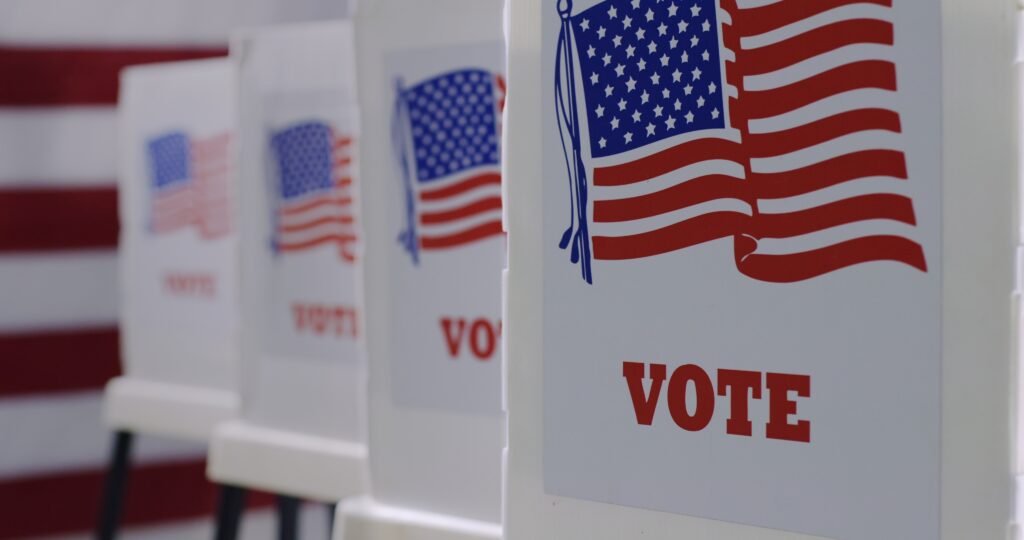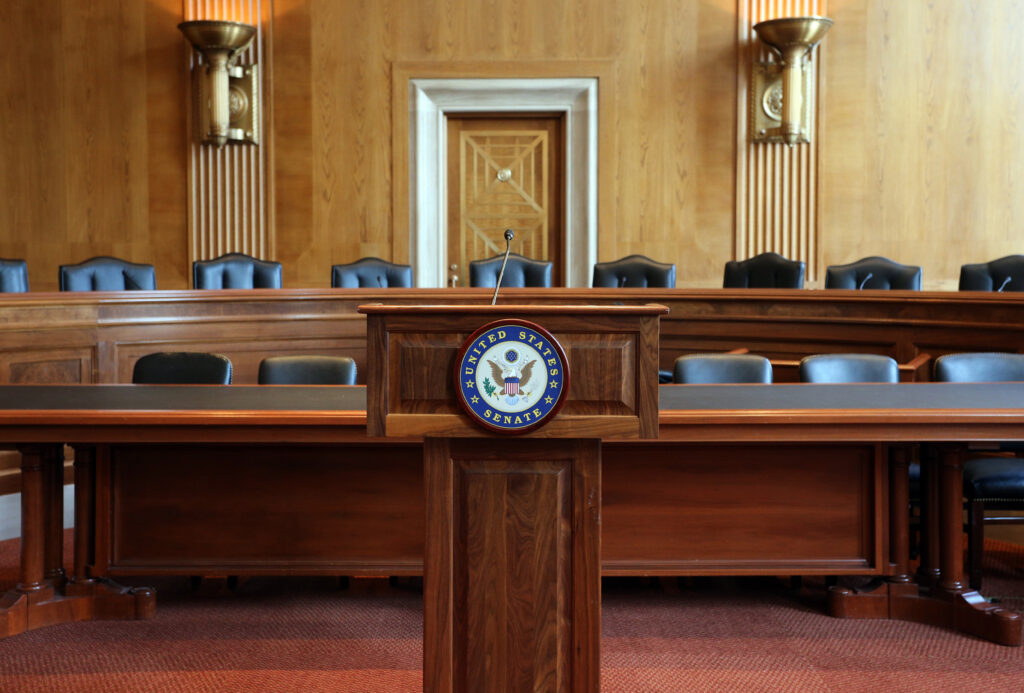A duty-unpaid price for aluminum is commonsense, long overdue
Earlier today, S&P Platts announced it would publish a new series of implied duty-unpaid U.S. Midwest Aluminum price assessments beginning August 1. Although this decision could, in Platt’s words, provide “market participants with greater transparency of aluminum values in a tariff environment,” it does not address the fundamental flaws in how Platts assesses the Midwest Premium. These flaws prompted a bipartisan coalition of members of Congress to request that the Department of Justice examine possible pricing irregularities of the Midwest Premium. Platts’ announcement today is a release valve that while removing some of the pressure still does not address several issues that caused these problems in the first place.
American brewers using cansheet purchase aluminum by paying a Midwest Transaction Price, which consists of two major components: an underlying base price for the aluminum metal as traded daily on the London Metal Exchange and an additional premium known as the Midwest Premium, which has been set by S&P Platts since 1984.
The Midwest Premium was initially intended to cover the logistical costs of moving metal into North America – essentially a shipping and handling fee. But over time, the Midwest Premium has become a device to speculate and artificially inflate the price paid for aluminum at the expense of end-user businesses and consumers. Since January it has increased by as much as 135 percent – far more than President Trump’s 10 percent tariff on imported aluminum would warrant.
Currently, U.S. customers pay a tariff-included Midwest Premium even if they are buying metal from a U.S. producer or metal that has been in storage in the U.S. for years. This windfall for producers has harmed the end users, such as brewers, who rely on the price of aluminum reflecting market fundamentals.
The goal of the administration’s tariff was to encourage U.S. production of aluminum. However, the incentive for buying domestically produced aluminum was moot when S&P Platts only set a single price.
S&P Platts’ decision to publish a duty-unpaid Midwest Premium price assessment starting August 1 may allow for better valuation comparisons for scrap and other non-tariffed aluminum.
However, today’s announcement does not negate the need for federal regulators to investigate possible price irregularities in the aluminum market. Currently, the Midwest Premium price is set in secret with the input of a few aluminum traders. The Midwest Premium has fluctuated dramatically since the beginning of the year without justification. Aluminum is the largest input cost for America’s brewers, so these price increases have made it next to impossible for our nation’s brewers to predict what the impact will be on their businesses and their employees.
It is still the position of the Beer Institute that the 10 percent tariff on aluminum has a broad and adverse effect on American jobs and the economy – particularly for the beer industry.
The Midwest Premium needs to be set in a much more transparent manner. Publishing a duty-unpaid price needs to be coupled with other much-needed reforms so that it provides real relief instead of a 10 percent coupon on a bad deal.













